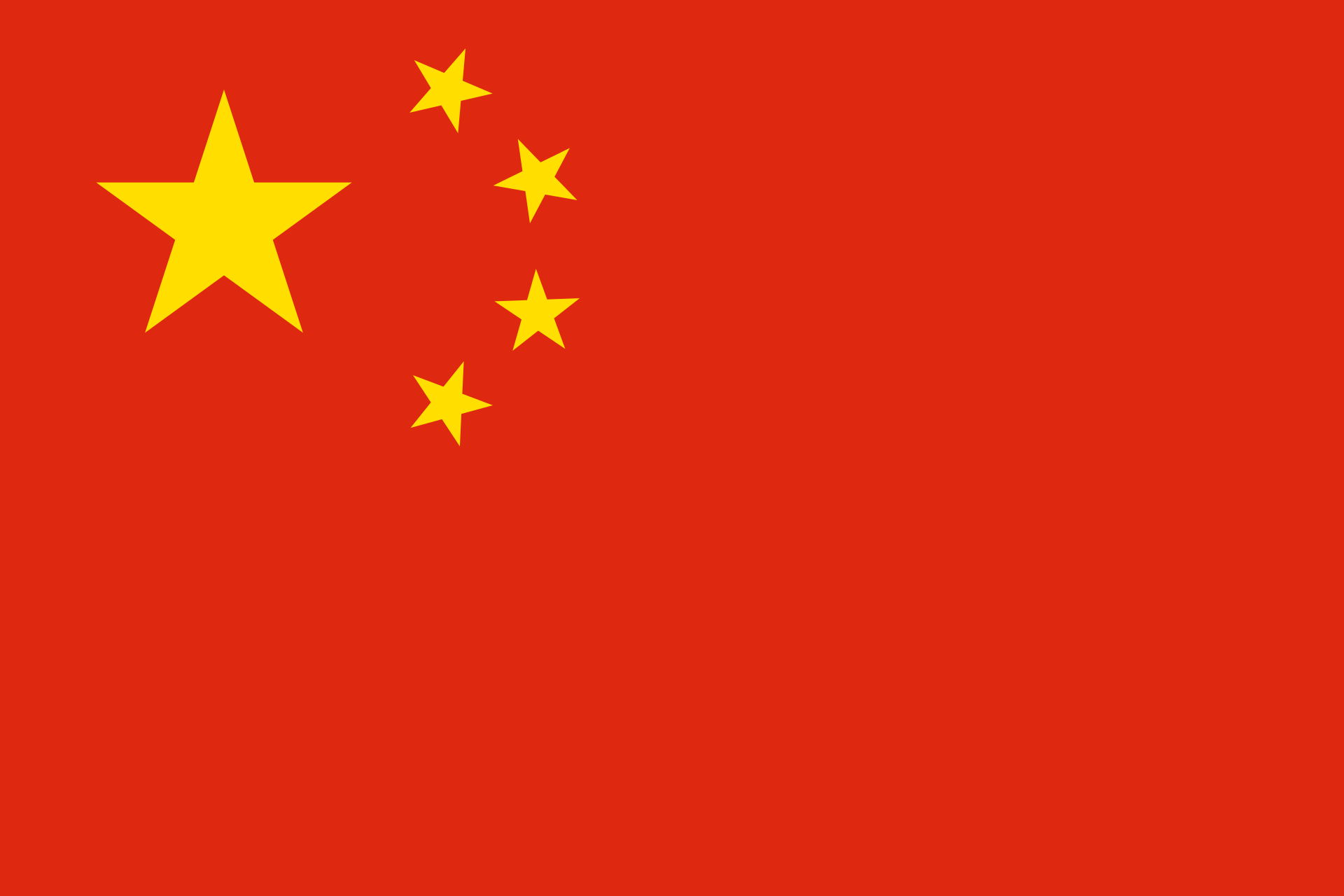Winners of the UNESCO Silk Roads Youth Research Grant 2021
©Mahmoud A. Elraziek Ghoniem / UNESCO Youth Eyes on the Silk RoadsUNESCO Silk Roads Youth Research Grant – Reinforcing the Capacity and Contribution of Young Researchers to the Silk Roads
UNESCO is delighted to announce the awardees of this year’s Silk Roads Youth Research Grant. The call for proposals ran from January to May 2021 and was open to postgraduate researchers aged 35 and younger working individually or within a group. In total, nearly 800 research proposals covering a diverse array of topics were received from all over the world. These were assessed by a Scientific Panel comprised of 9 renowned international academics and experts from various disciplines related to the study of the Silk Roads, who awarded 12 grants valued at 10,000 USD.
Organized with the support of the National Commission of the People’s Republic of China for UNESCO, the Silk Roads Youth Research Grant aims to mobilize young researchers for further study of the Silk Roads shared heritage. This initiative is part of the Silk Roads and MOST Programme’s ongoing efforts to better understand the rich history, shared legacy, and spirit of the Silk Roads. Applicants were required to submit proposals detailing research into cultural interactions and exchanges, and the concrete resulting elements, be they tangible or intangible, as identifiable in two or more cultures along the Silk Roads and beyond.
After careful consideration by the Scientific Panel, the 2021 UNESCO Silk Roads Youth Research Grant is awarded to:
(In alphabetical order)
Ms Mariyam Said Mubarak Al Bartamani (Oman)
‘The Maritime Silk Road from the 11th – 15th Century and its Role in the Civilizational Omani Chinese Rapprochement through the Voyages of Abdullah Al Sohari and Zhèng Hé’
Ms Raizel Pauline S. Albano-Palon (Philippines)
‘Trade, Credit, and Documentation: The Legacy of the Silk Road on Maritime Southeast Asia’
Ms Petya Andreeva (Bulgaria)
‘Fantastic Fauna on the Eurasian Steppe: Entanglements, Ecosystems, and the Ecology of Animal Imagery’
Ms Asma Bachikh (Morocco) and Mr Mohammad Daud Hamidi (Afghanistan)
‘The shared heritage of water management and allocation along the Silk Roads’
Mr Aibek Baiymbetov (Kyrgyzstan)
‘Comparative Analysis of Islam and the Pre-Islamic Belief Systems of the Contemporary Kyrgyz and Tajiks Living along the Historical Silk Roads’
Ms Mariana Castro (Portugal)
‘Multidisciplinary doctoral dissertation on the longue-durée exploitation of turquoise deposits, as well as the manufacture and distribution of turquoise objects along the pre-modern Silk Roads’
Ms Yuan Gao (China)
‘Samovar in Chaikhaneh: Tea Trade, Consumption, and Material Culture in Central Eurasia’
Ms Safia Hassan (United Kingdom)
‘Interreligious; Social and Cultural Dynamics and the Exchange of Ideas in the Arabian Peninsula and the Middle East between the 7th-10th Centuries’
Ms Jinfang Li (China)
‘The Silk Tapestry Weave (kesi) Technique and Exchange Between China and Countries along the Silk Roads’
Mr Akinkunmi Ibrahim Oseni, Mr Abdurrahman Bello Onifade, and Mr Umar Olansile Ajetunmobi (Nigeria)
‘Knowledge Diffusion along the Silk Road: Chinese Paper, Indo-Arabic Numerals and Technological Development’
Ms Nomin-Erdene Ulambayar (Mongolia)
‘Use of Ghee in the Common Cultural Heritage and Dairy Products of Nomadic Countries along the Silk Road’
Mr Hashan Wijesinghe (Sri Lanka)
‘Searching for shared heritage in Batik culture for enhanced cooperation in the 21st Century (Comparative study of Sri Lanka and Indonesia)’
UNESCO warmly congratulates this year’s grantees and thanks all those who took the time to submit applications to the 2021 Silk Roads Youth Research Grant. The scientific panel was extremely impressed with the quality of the proposals received, and the final decision was a difficult one.
For updates concerning future award cycles of the grant, we invite you to regularly check the UNESCO Silk Roads Programme website.
*****
- More information:
Contact: silkroadsgrant@unesco.org




